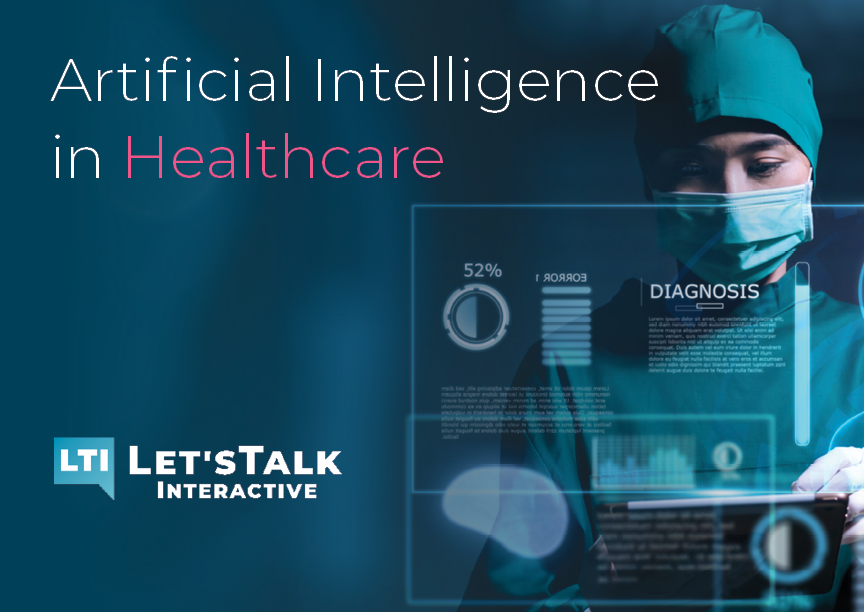
The use of artificial intelligence in healthcare is a relatively new idea. When most people think of AI, they envision voice assistants and self-driving cars. While those are certainly some amazing things that AI can do, its place in healthcare is much more subtle but just as revolutionary.
How Does AI Fit Into Healthcare?
So, what are some of the things that AI can help with? How can it fit into the daily lives of healthcare providers and make their jobs more streamlined and their patients more satisfied? Here are just a few of the many things that AI can do to improve healthcare services.
AI Lowers the Cost of Developing Medicines
By using neural networks, AI programs are able to analyze the molecular makeup of viruses and best determine what medicines will cure them. Processes like this can take months or even years for a team of microbiologists, but with AI it can take less than a day. This means that not only does it cost less to develop medicines, but they are also able to be formulated quicker and get out to the people who need them.
AI Analyzes Medical Data
A massive portion—between 40-70%—of a physician’s time is spent charting and analyzing medical data. That excessive amount of time spent at a screen and not with patients contributes heavily to the rising issue of healthcare provider burnout. Ambient AI and machine learning, capabilities both built into our TrustVideo virtual care platform, transcribe patient and provider conversations and develop them into a visit summary report which can be integrated into electronic health records. The result – physicians can steer away from notetaking and paperwork and get back to doing what they do best: having meaningful encounters with patients.
AI Helps First Responders
It’s no secret that when someone is having a heart attack, they need treatment as soon as possible or the consequences could be deadly. But did you know that in many cases, emergency dispatchers aren’t able to put together the signs of a heart attack over the phone? AI programs that listen in on 911 calls can train themselves to recognize when someone is having a heart attack by using speech recognition software and potentially save lives.
AI Increases Equality in Healthcare
In some situations, patients aren’t screened for certain conditions because of their age, race, or gender. Whether this is intentional or accidental on the behalf of the physician, it can be avoided with the use of AI programs that are completely objective and consider all possibilities. This allows all patients to have a fair and thorough examination and receive accurate results based on their symptoms and medical history, not assumptions.
Incorporating AI Into Your Medical Practice
We’ve only just scratched the surface of what AI can do for healthcare providers and patients across the globe. With such a bright future for AI in healthcare, healthcare providers should start as soon as possible to use it to its fullest potential.
Ready to make AI a part of your medical practice? Contact us at Let’s Talk Interactive to learn more about how our solutions can enable your practice to leverage AI and how we can help you best serve your patients.